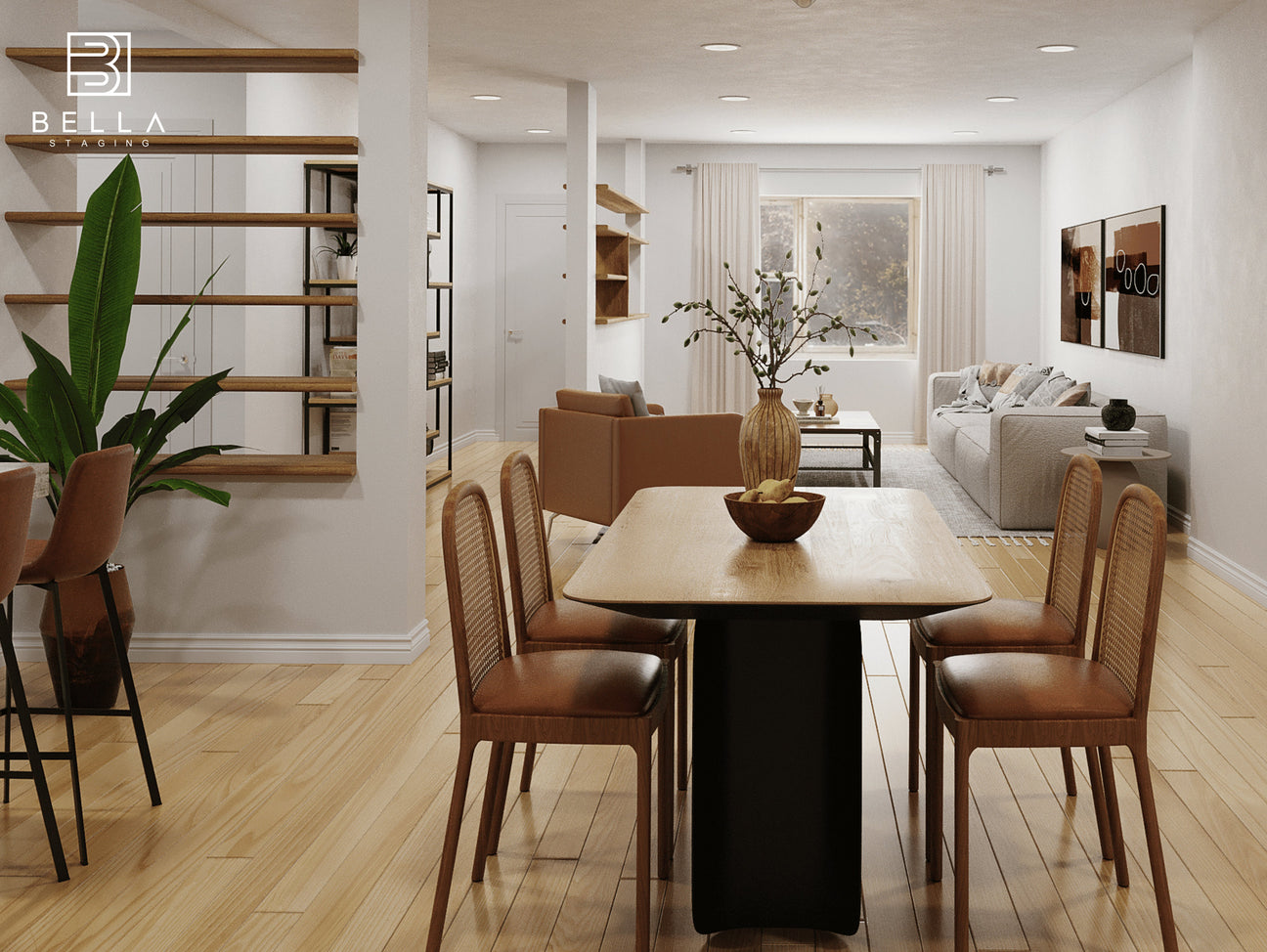Virtual Home Staging: The Complete Guide to Selling Faster and for Higher Prices
Virtual Home Staging: The Complete Guide to Selling Faster and for Higher Prices
Blog Article
The Digital Transformation of Real Estate Presentation
The real estate industry has undergone a significant shift in how properties are presented to potential buyers. Virtual staging in LA has emerged as a game-changing alternative to traditional staging methods, offering unparalleled flexibility and cost-effectiveness while delivering equally compelling results.

Industry insight: Research from the National Association of Realtors indicates that professionally staged homes sell 78% faster than unstaged properties, with virtual staging demonstrating comparable effectiveness to physical staging for online listings.
Understanding Virtual Staging Technology
Core Components
Virtual staging combines several advanced technologies:
- Sophisticated 3D rendering platforms
- Professional interior design methodologies
- Photorealistic texturing and lighting simulations
The Implementation Process
- Professional Photography Capture - High-resolution images of vacant or furnished spaces
- Digital Enhancement Phase - Strategic placement of furniture, artwork, and decorative elements
- Final Adjustments - Precise color correction, shadow rendering, and perspective alignment
Professional recommendation: Top-tier virtual stagers maintain strict adherence to dimensional accuracy when placing furniture to preserve realistic spatial relationships.
Advantages Over Traditional Staging Methods
Cost and Time Comparison
Traditional physical staging typically ranges from 2,000 to 8,000 and requires 2-4 weeks for completion. In contrast, virtual staging services cost between 150and500 per room and can be completed within 24-72 hours.
Strategic Benefits
- Design Flexibility: Ability to showcase multiple aesthetic treatments for the same space
- Rapid Deployment: Capacity to update marketing materials within hours
- Emotional Engagement: Creation of visceral connections with prospective buyers
Best Practices and Common Pitfalls
Recommended Practices
- Employ high-quality, realistic renderings
- Maintain accurate furniture proportions
- Clearly disclose staging in all listings
- Provide before-and-after visual comparisons
Potential Mistakes to Avoid
- Altering or removing structural components
- Implementing unrealistic lighting scenarios
- Overcrowding rooms with excessive furnishings
- Neglecting to consider target demographic preferences
Selecting a Virtual Staging Provider
When evaluating virtual staging services, prioritize providers offering:
- Rapid turnaround times (preferably 48 hours or less)
- Diverse design style portfolios
- Dimensionally precise furniture modeling
- Comprehensive revision policies
Professional recommendation: Industry-leading services include PadStyler, Virtual Staging Solutions, and Bella Staging, all known for their consistent quality and reliability.
Emerging Trends and Future Developments
The virtual staging landscape continues to evolve with several noteworthy advancements:
- Virtual Reality Integration: Immersive property walkthroughs
- Artificial Intelligence Applications: Design recommendations based on buyer behavior analysis
- Augmented Reality Implementations: Mobile app-based staging visualizations
Conclusion: The New Industry Standard
Virtual staging has transitioned from innovative novelty to essential marketing tool in competitive real estate markets. By combining cost efficiency with powerful visual storytelling, it provides sellers and agents with proven methods to:
- Accelerate sales timelines
- Maximize offer values
- Attract serious, qualified buyers
For professionals committed to success in today's digitally-driven real estate environment, virtual staging has become not merely an option, but a fundamental component of effective property marketing.
Report this page